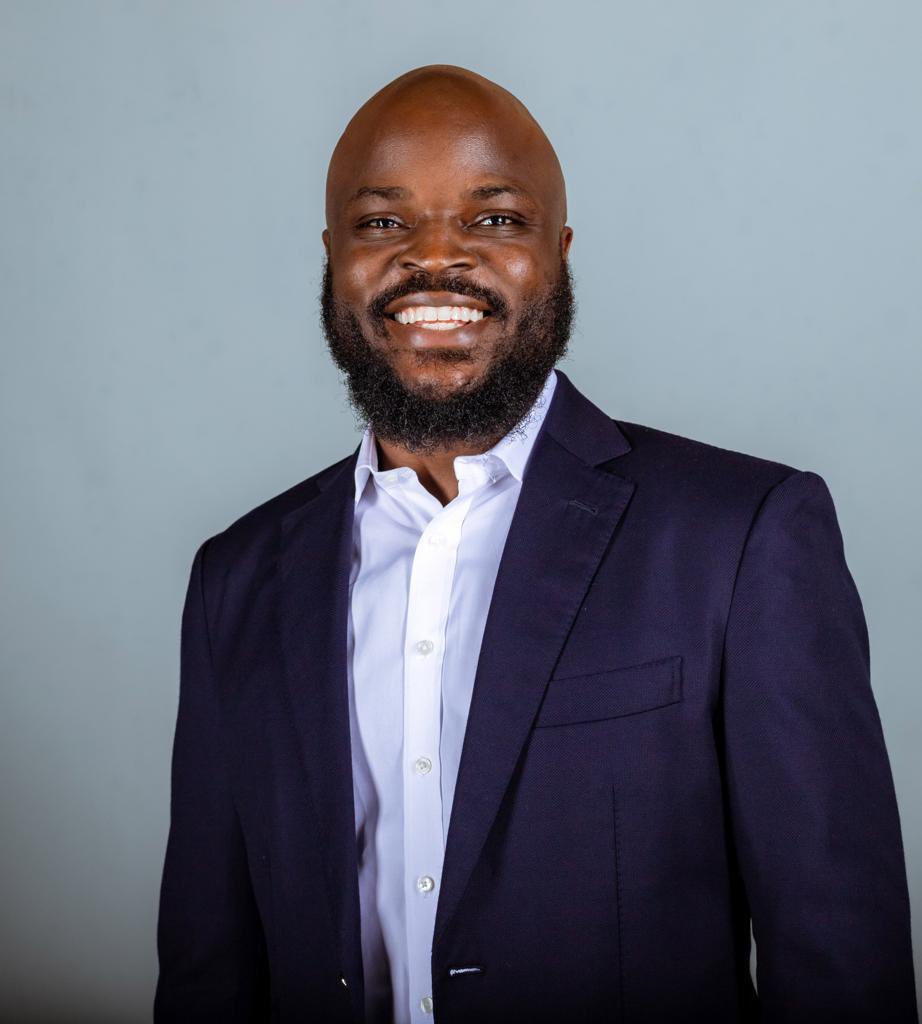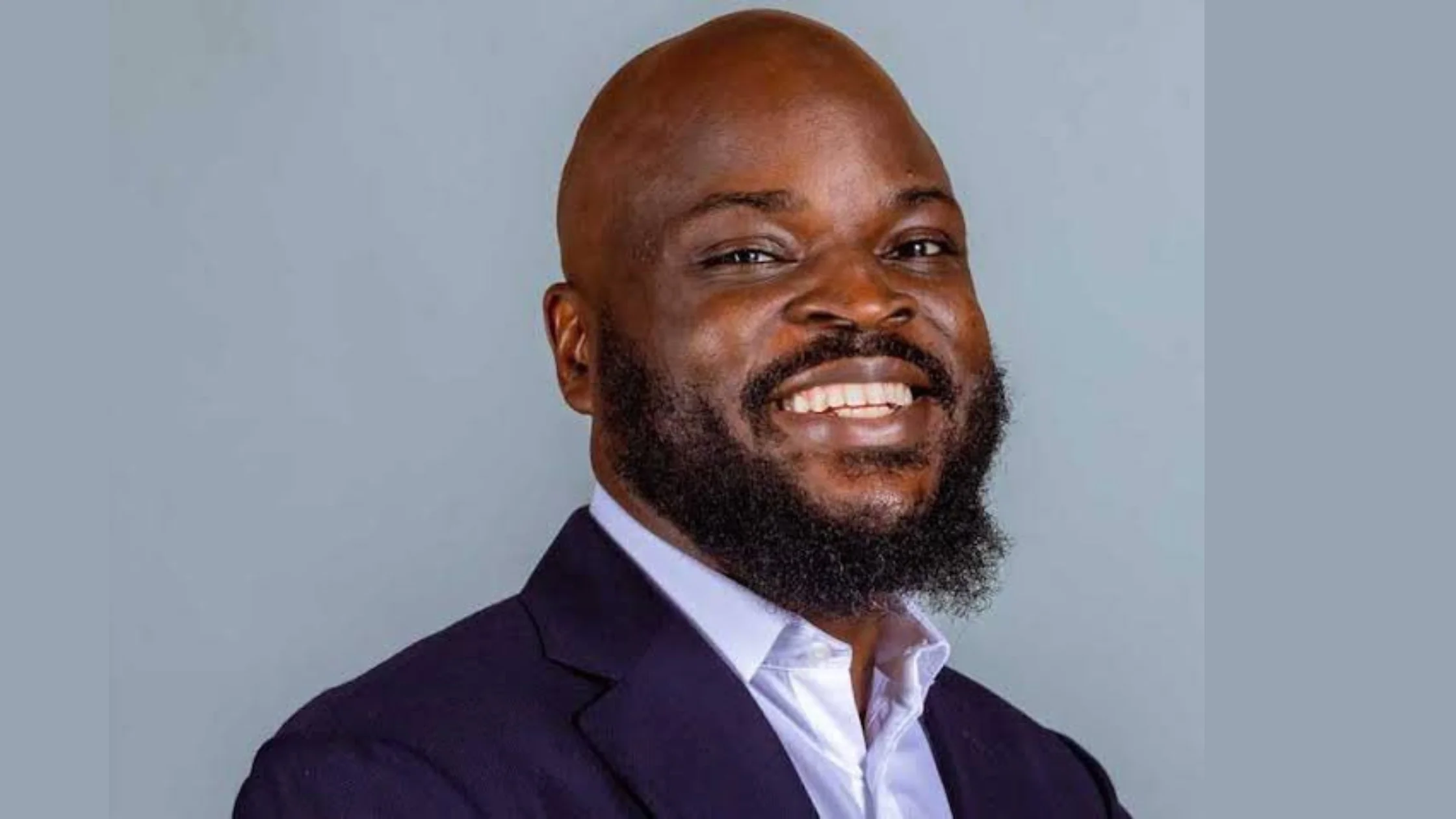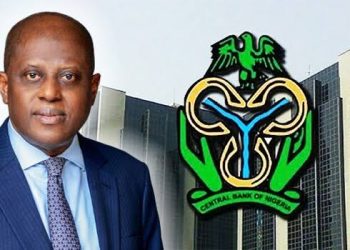President Bola Ahmed Tinubu of Nigeria has appointed Idris Ibikunle Olorunnimbe as Chairman of the Nigerian Communications Commission (NCC). For now, he will work alongside Dr Aminu Waida, who continues in his role as Executive Vice-Chairman and Chief Executive Officer, ensuring that strategic oversight and operational leadership are coordinated at the highest levels.
Olorunnimbe steps into the position at a defining moment for Nigeria’s telecom and digital economy landscape. His appointment signals an intent to blend policy experience, private-sector execution, and youth-focused innovation into the regulatory direction of the NCC.
Profile: The Man Behind the Appointment
Idris Olorunnimbe brings a rare blend of entrepreneurial achievement, public-policy involvement, and creative-industry leadership.
- Current Leadership Roles: Group Chief Executive of The Temple Company, which he founded in 2016, and Chairman of the Board of ETAP.
- Educational Background: Holds a Law Degree from the University of Lagos, where he also serves on the University’s Enterprise Board.
- Creative Economy Contributions: Founder of the Gidi Creative Centre (GCC), a partnership with the Lagos State Government, Henley Business School, and University of Lagos, which has trained numerous young people in creative disciplines.
- Public Sector Experience: Former board member of the Lagos State Employment Trust Fund (LSETF), where he led key committees; Personal Assistant and later Senior Special Assistant to former Lagos State Governor, Babatunde Raji Fashola, SAN.
- Policy Influence: Co-authored the policy paper on driver reorientation in Lagos that led to the establishment of the Drivers’ Institute; served on the ministerial focal group to establish the National Youth Investment Fund.
- Project Leadership: Appointed Project Lead for the 2022 UNILAG NUGA Games, recognised for his track record in executing complex, multi-stakeholder projects.
- Recognition and Awards: Honoured by the League of African Development Students (LEADS) for pioneering contributions to entertainment; named one of Africa’s most influential people in 2024 by Top Charts Africa and described as a “true architect of progress.”
- Mentorship and Advocacy: Actively mentors young creatives, speaks at public forums, and supports concerts, shows, and sports tournaments across Nigeria.
- Personal Life: Married with three daughters, and proudly hails from Lagos State.

This is a career defined by the ability to straddle boardrooms, grassroots initiatives, and policy tables, making him uniquely positioned to lead an institution as multifaceted as the NCC.
First Imperatives as NCC Chairman
- Define a Bold Vision for Nigeria’s Digital Future
Olorunnimbe must quickly articulate a forward-thinking vision that not only aligns with President Tinubu’s economic priorities but also meets the real needs of citizens and businesses. This should address broadband expansion, stronger data protection frameworks, fair competition in the telecom sector, and a push for emerging technologies such as 5G, IoT, and AI-driven infrastructure. - Strengthen Coordination with the EVC/CEO
For now, the operational direction remains under Dr Aminu Waida as EVC/CEO. Olorunnimbe’s effectiveness will partly hinge on how well he can complement Waida’s leadership, bringing strategic oversight that is ambitious yet rooted in operational realities. - Collaborate Closely with the Ministry
An essential relationship will be with Bosun Tijani, Minister of Communications, Innovation and Digital Economy. Tijani’s portfolio sets the policy tone for Nigeria’s tech and communications agenda. Olorunnimbe must ensure the NCC’s regulatory approach is harmonised with the ministry’s innovation drive, digital skills agenda, and tech-sector investment strategies. This alignment will be crucial for avoiding policy fragmentation and ensuring Nigeria’s telecom reforms are coherent and forward-leaning. - Reassert Regulatory Credibility
The NCC must strengthen its role as a fair, transparent, and proactive regulator. Olorunnimbe should focus on enforcing compliance while creating room for innovation, balancing consumer protection with enabling market growth. - Bridge the Urban–Rural Digital Divide
Millions of Nigerians remain unconnected or underserved. Leveraging the Universal Service Provision Fund (USPF) to expand rural coverage should be a headline priority, with measurable targets and timelines. - Champion Youth Inclusion in the Digital Economy
Drawing from his experience with LSETF and the Gidi Creative Centre, Olorunnimbe can drive programmes that equip young Nigerians with digital skills, link them to the global tech workforce, and incubate indigenous startups. - Institute Transparent Stakeholder Engagement
Olorunnimbe should formalise quarterly stakeholder forums with telecom operators, civil society, investors, and consumer protection advocates. Open communication channels will build trust and create a participatory environment for decision-making.
Key Challenges Ahead
Despite his track record, Olorunnimbe’s new role will not be without headwinds. Several challenges will require deft navigation:
- Driving Measurable Impact Within a Political Cycle
Given the political nature of high-profile appointments, Olorunnimbe must deliver visible and quantifiable results within his first 12 to 18 months. Early wins such as measurable broadband expansion, reduced consumer complaints, or significant rural connectivity projects will strengthen his standing and secure political and industry buy-in. - Balancing Regulation with Innovation
The NCC must prevent anti-competitive practices and ensure consumer protection without slowing the adoption of transformative technologies. Regulatory overreach could hinder growth, while under-regulation risks market exploitation. - Infrastructure Deficits
Nigeria’s network infrastructure is concentrated in urban areas, leaving rural communities underserved. Expanding coverage will require public–private partnerships, creative funding models, and efficient allocation of USPF resources. - Policy Coherence Across Government
With multiple ministries and agencies engaged in the digital economy, consistent policy direction is critical. Conflicting mandates could slow progress and create uncertainty for investors. - Cybersecurity and Data Protection
Greater connectivity increases exposure to cyber threats. The NCC will need to work closely with NITDA and national security agencies to strengthen frameworks for data privacy and network protection. - Investor Confidence in a Volatile Market
Exchange rate volatility, shifting regulatory signals, and political risk can undermine investment confidence. Olorunnimbe must champion transparent, stable, and predictable regulatory policies. - Managing Industry Stakeholder Expectations
Balancing the needs of telecom operators, civil society, and technology innovators will be an ongoing challenge, especially in a sector where profit motives and public interest sometimes clash.
Continental Significance
As Chairman of the NCC, Olorunnimbe is now part of a select network of leaders shaping Africa’s digital future. His counterparts in other major African economies include Joe Mucheru, Chair of Kenya’s Safaricom Board and former ICT Cabinet Secretary; Phakamile Hlubi-Majola, Chairperson of South Africa’s Independent Communications Authority (ICASA); Bonaventure Kouassi, President of Côte d’Ivoire’s Telecommunications Regulatory Authority (ARTCI); and Mohamed Abdelfattah, head of Egypt’s National Telecommunications Regulatory Authority (NTRA).
This continental alignment matters. Cross-border telecom challenges such as roaming charges, cybersecurity cooperation, satellite infrastructure, and harmonisation of spectrum policy require close collaboration between national regulators. For Nigeria, which boasts Africa’s largest telecom market by subscriber base, Olorunnimbe’s chairmanship is not only a domestic responsibility but also a strategic platform for influencing pan-African digital policy.
Looking Ahead
Idris Olorunnimbe’s track record suggests he thrives at the intersection of creativity, policy, and execution. Now, the challenge is to translate that versatility into measurable improvements in Nigeria’s telecommunications and digital landscape. His first moves will set the tone, not just for his chairmanship, but for the NCC’s role in shaping Nigeria’s place in the continental and global digital economy.
If he can synchronise regulatory reform, rural access, innovation policy, and youth inclusion, his tenure could become a benchmark for how Africa’s largest economy regulates and grows its digital future alongside other leading telecom regulators across the continent.














